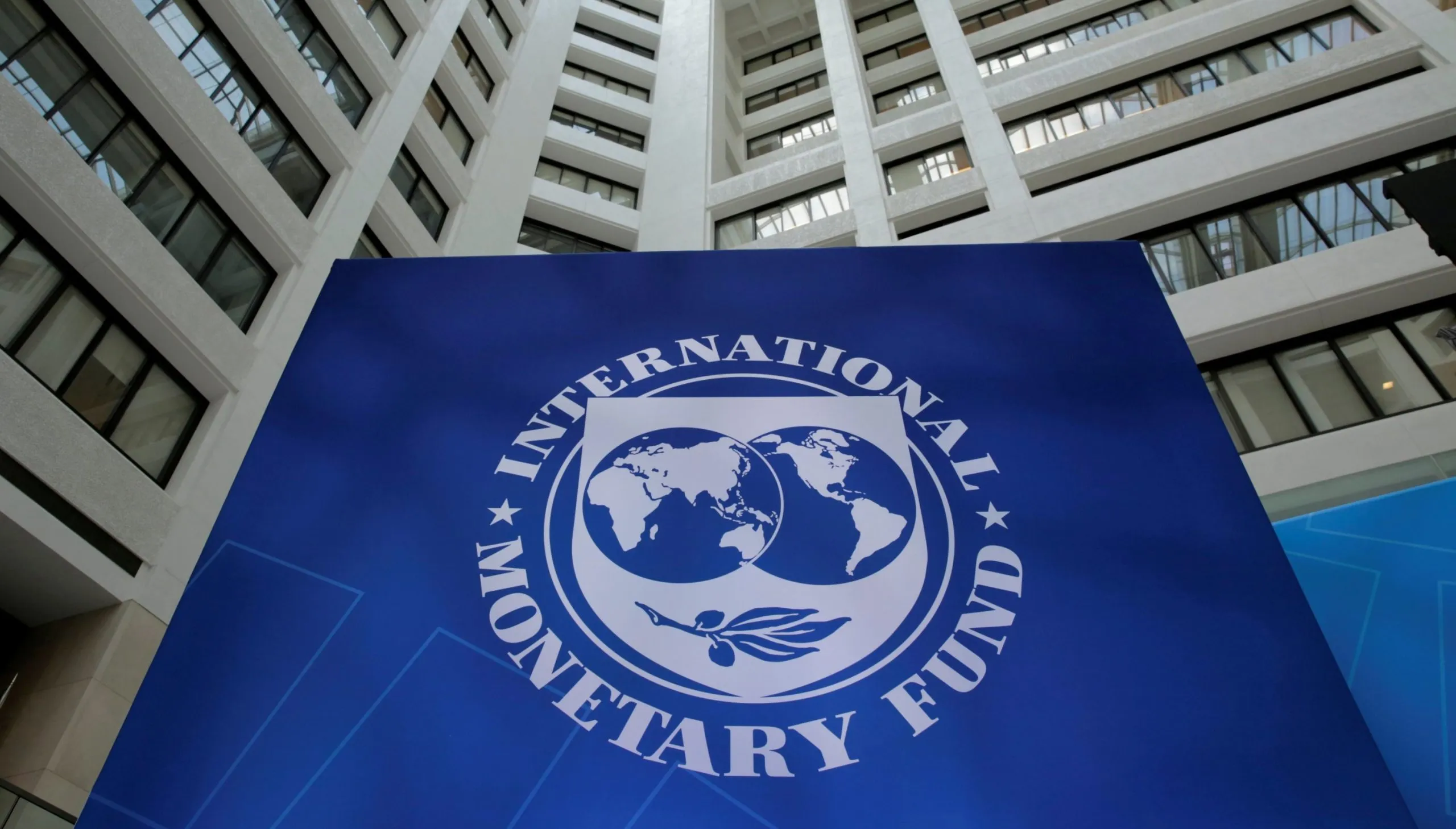With the interest rates likely to stay high in 2024, governments across Africa are presented with a unique challenge and dilemma as they struggle to pay off rising levels of accumulated debt at the same time as they are being urged by the International Monetary Fund (IMF) to cut costly fuel subsidies and raise more taxes.
The IMF has recently urged sub-Saharan African policymakers to rein in runaway spending and increase taxes, these are measures that may be hard to implement as governments grapple with tough spending choices amid high debt. The region has been hit by repeated economic shocks since 2020, from the COVID-19 pandemic to Russia’s invasion of Ukraine and rising US interest rates, putting cash-strapped, debt-laden governments in a dilemmatic situation — they must pay back or refinance a $2 billion international bond before next June amid violent protests against tax hikes and subsidy removals.
The inflation in the US, the UK and the EU still hovering higher than the 2% target increases the possibility of central banks in Africa and around the world – and most notably the US Fed – maintaining the prevailing high interest rates for the foreseeable future. Many African governments are having to slash spending when the continent’s booming population and climate change mean that demand for public money is growing. “We have to freeze up some expenditure just to make sure that we manage to continue servicing the debt and paying salaries and making sure that the country is functioning,” Abebe Selassie, the IMF’s African department director has said.



